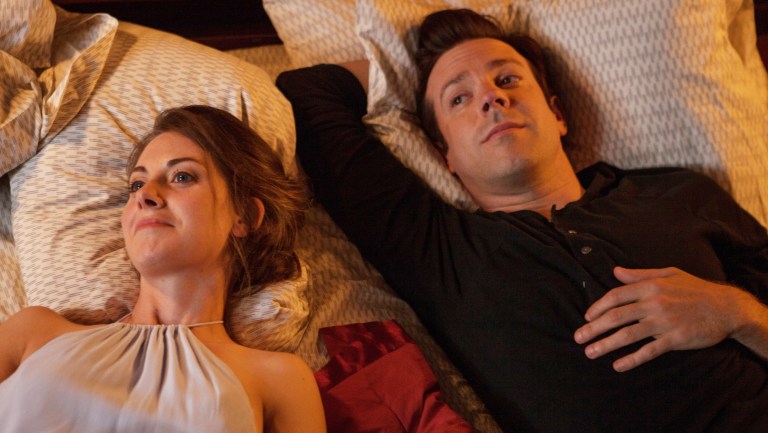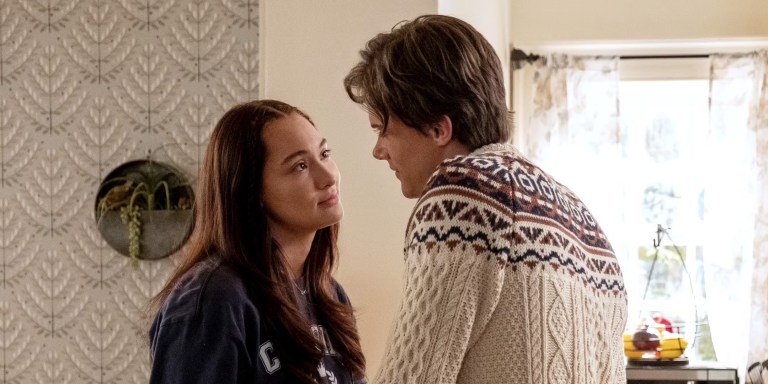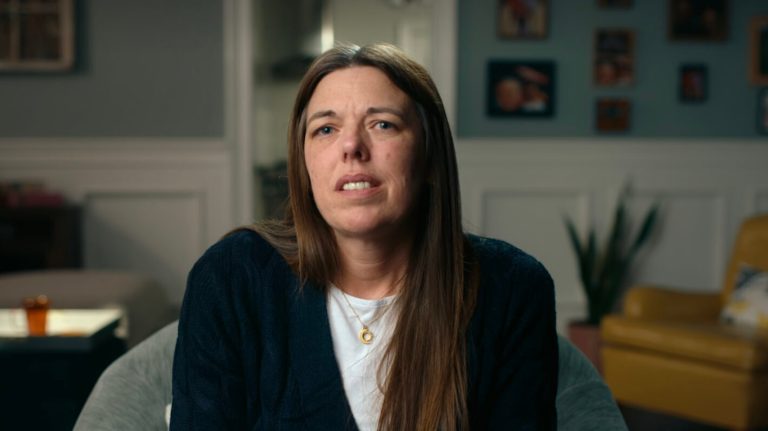
6 Ways To Know You’re On The Right Path (Even When Everyone Says You Aren’t)
You don't have to have everything figured out, and you don't have to have perfect outcomes, you just have to feel good about the process.

People tell me I’m on the wrong path all the time because I’m not progressing towards the kinds of goals our parents had (or most people my age have, for that matter). I don’t own a house (or a car), I’m not married, and I’m not overly worried about fitting kids into my “window.” I don’t diminish those things as worthy goals, but they aren’t for me, right now.
I’m on a different kind of path, and like anything else in life, you can only connect the dots in hindsight — so you just can’t know if it’s the right thing to do. Is the risk of following my intuition — when it runs in the face of what most people are doing or what has traditionally been fulfilling to people — going to pay off?
Liz Wurtzel did a great job talking about feeling confident in happy in a life path that makes sense for her, but doesn’t bear a lot of resemblance to tradition or what most people think would make her happy in an interview with BuzzFeed, “I have to figure that whatever is coming next is good and whatever it was ran its course. I think we argue with progress at our peril, so if this is the way it is, there surely must be a point. I always remind myself that Henry Ford said that if he’d asked the people what they wanted, they would have said faster horses.”
Our collective social opinion isn’t something we can trust. Even internally, we’re often too practical to imagine how good things could possibly get. I think of following your life path like driving at night: your headlines don’t illuminate the thousands of miles you hope to drive, just 30 or so feet at a time — but that’s all you need. You can do the thing that is right in front of you, and then the next step will appear.
So how do you know if you are on the right path? If you’re hearing your intuition correctly? These are some ways I try to listen to myself:
When it comes to the driving force of your path, there’s not a lot of self doubt. This doesn’t mean your life is completely free from self-doubt, but that you don’t worry whether you’re “really” the thing you are trying to be. Bukowski said that good writers don’t show it to their girlfriend first, not because they know it’s perfect, but because they don’t need permission or praise to do something their gut tells them they should be doing. You don’t have to have everything figured out, and you don’t have to have perfect outcomes, you just have to feel good about the process.
You’re enjoying yourself. It doesn’t feel like constant work to be living your life. You don’t spend your days watching the clock or wishing you had more vacation days. You love waking up in the morning. When you follow your inner path, you’re happy. You’re not at your destination, but you’re enjoying your journey.
You consider yourself to be lucky. When you’ve identified and begun to follow it, there’s a sense of relief and gratitude that comes because you know there are countless others who because of their life circumstances, aren’t able to be in this awesome journey in their own lives.
You love listening to advice, but you don’t often take it. You are confident enough in yourself that you enjoy listening to advice with an open mind — you’re always open to thinking of things from another angle. But, and this is a big but, you take what suits you and leave the rest. You don’t do things because your parents tell you it’s the right way thing to do, or because your best friend is also doing it.
It doesn’t look like anyone else’s dream. True story: at a party to celebrate a friend’s acceptance to a top-rated law school another friend said (and meant), “this seems like so much fun, maybe I should do it!” This is a signal you are on the wrong path, when it’s a purely mimetic desire, when it comes as a result of seeing someone else do it.
There’s a possibility of failure. If you can’t fail, if you have the world’s largest safety net underneath you, you haven’t ventured out far enough to do anything, there’s zero chance of success. Playing it safe is a form of failing — and it’s the worst form because in addition to actual failure you also have the regret of wishing you’d actually tried. ![]()











